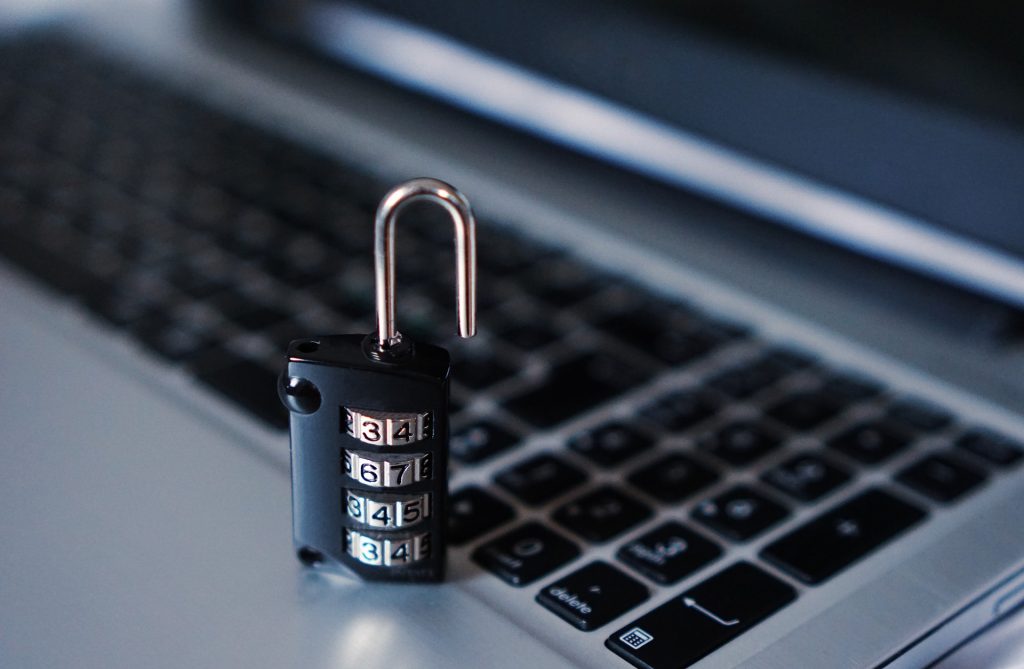Here are 10 for you to put into action…if you haven’t already:

- If you’re going to travel, remove any CDs, DVDs and thumb drives that might be in your computer, and protect them properly. Also, turn the laptop off—don’t simply put it in sleep or standby mode.
- Extreme temperature or temperature swings can have an effect on a laptop. If you’ve just brought your laptop indoors from a very cold day, you shouldn’t turn it on until it has had a chance to warm up and reach room temperature. That might take some time if it’s been freezing outside.
- A notebook’s screen is its most fragile and at-risk component, and it can be cracked and damaged easily. Clean it only with approved solutions or monitor wipes. Don’t touch the screen with pens or any pointer that can scratch the surface.
- You shouldn’t put a laptop close to appliances that generate a strong magnetic field, such as televisions, large speakers and even some high-tech refrigerators. You should even avoid putting your cellphone on top of your laptop while both are on.
- Keep the lid closed as often as you can, which helps to limit the amount of dust that can settle on the keyboard, saves battery life and prevents the keyboard from an accidental coffee spill—a leading cause of laptop damage.
- Laptops can overheat more easily than a desktop computer can. You shouldn’t set one on a blanket, pillow or other non-flat surface that could prevent sufficient ventilation.
- Be careful where you take your computer and set it down. Again, its portability can work against it. You shouldn’t take it to the beach and risk getting sand in it. Same with using it on the kitchen counter, where it could drop into a sink or onto the floor. And even if it’s NOT plugged in, you shouldn’t finish your spreadsheet while relaxing in the bathtub!
- You should always carry it in a good-quality laptop bag or cushiony case that provides protection against drops and jostles. You should also get into the habit of never putting anything on top of it (newspapers, mail), because if it’s on the bottom of a pile, even heavier items—books, backpacks, etc.—could also get piled on.
- Set up passwords for access to your laptop (for family members who might also use it). Make sure they do not use “password,” “ABCD” or other simple passwords any thief could guess, in case it’s ever stolen.
- Open a personal virtual private network (VPN) account and use it as often as you can in airports, hotels, and hotspots in coffeehouses—in other words, anytime you’re plugged in to free Wi-Fi or strange networks. A VPN reroutes your Internet connection to secure networks, where a hacker cannot steal your data.
